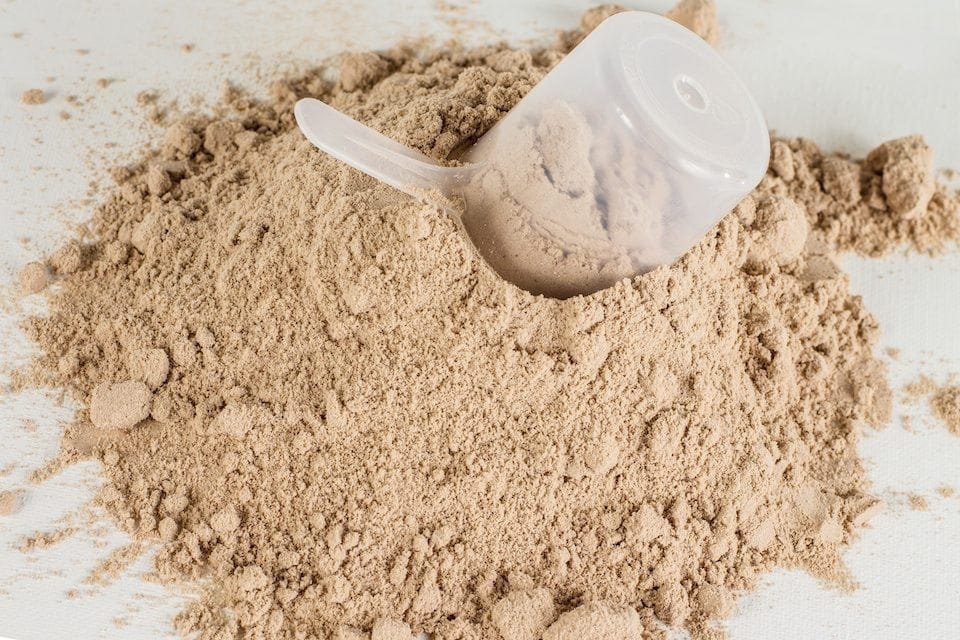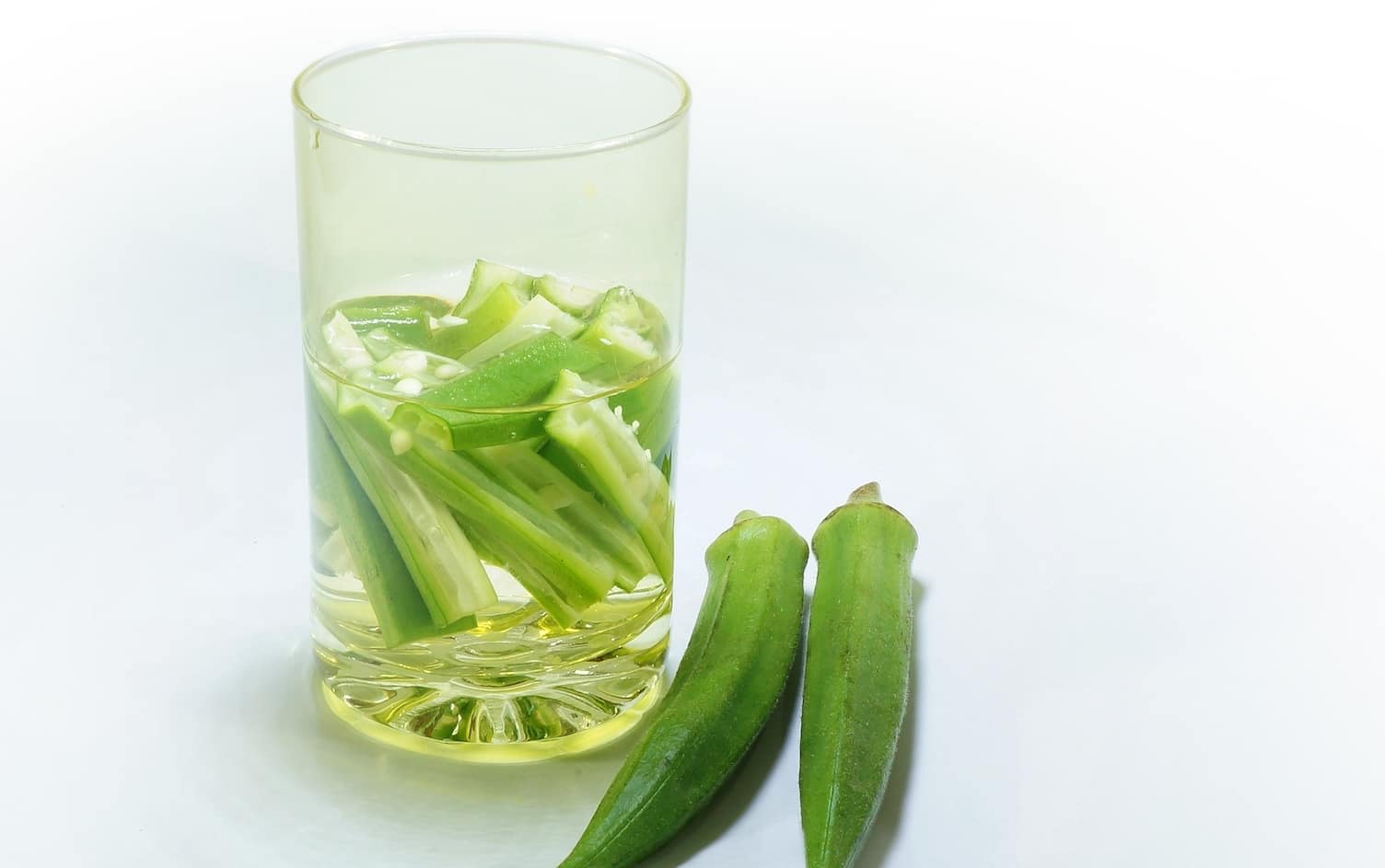“Eat a protein-rich snack or meal within 30 minutes after exercising in order to aid post-workout recovery.” It’s one of those fitness 101 tips every nutritionist and their trainer swears by, but it turns out there’s actually been little to no factual evidence to back it up.
In a new research review published in the journal Sports Medicine, scientists looked at 27 articles assessing the benefits of post-exercise protein intake, and discovered that there isn’t really a connection between decreased muscle soreness or recovery when protein supplements are used before, during, or after a single workout. They do, however, appear to show recovery benefits when used daily in the context of an intense training routine.
Essentially, the researchers discovered that downing a protein-packed shake after a barre workout won’t necessarily prevent your leg muscles from feeling like jello, however, if you’re highly-active and putting in a major sweat sesh (or two) every day, then consistent daily protein intake after your workouts may help. But regardless of its recovery benefits, adequate protein intake is still essential if you want to stay lean and healthy.
Confused? So were we, so we reached to registered dietitian Lauren Lindsley to help explain proteins role in a healthy diet.
“Protein is the building block for muscle, cartilage, skin, blood,” says Lindsley. “So we still need protein to rebuild that muscle we tore down when we exercised.” And if that’s not enough reason to pack your plate with protein, a study published in Nutrition Metabolism showed that dieters who increased their protein intake to 30 percent of their diet ate nearly 450 fewer calories per day and lost about 11 pounds over a 12-week period, without making any other changes to their eating routine. The reason: Protein keeps you fuller longer, and also helps your body maintain lean, metabolism-boosting muscle.
So how much protein should you eat? The CDC suggests women ages 18 – 70+ take in 46 grams of protein each day (56 grams for men in the same age range), but most fitness experts advise consuming much more: between 0.5 grams and 1.0 grams of protein per pound of your body weight—so that’s 75-150 grams per day for a 150-pound woman. The general advice is that the more active you are, the more protein you need.
Having trouble racking up enough protein grams? Remember, protein doesn’t necessarily mean meat. Chicken, fish, lean beef, eggs, and Greek yogurt are all excellent sources, but the plant world also offers plenty of protein-rich options. “Often times plant sources of protein are lower in saturated fat and calories, which are nutrients many people are concerned about,” says Lindsley. Nutritious meat-free options: Nuts and seeds, nut butters, beans and peas, and gluten-free grains like quinoa and amaranth all provide protein along with a lot of other essential nutrients.
Are you tracking your macros in MyFitnessPal? How much protein do you aim for daily? Share in the comments!




